Lost Media - Lost Media Identification
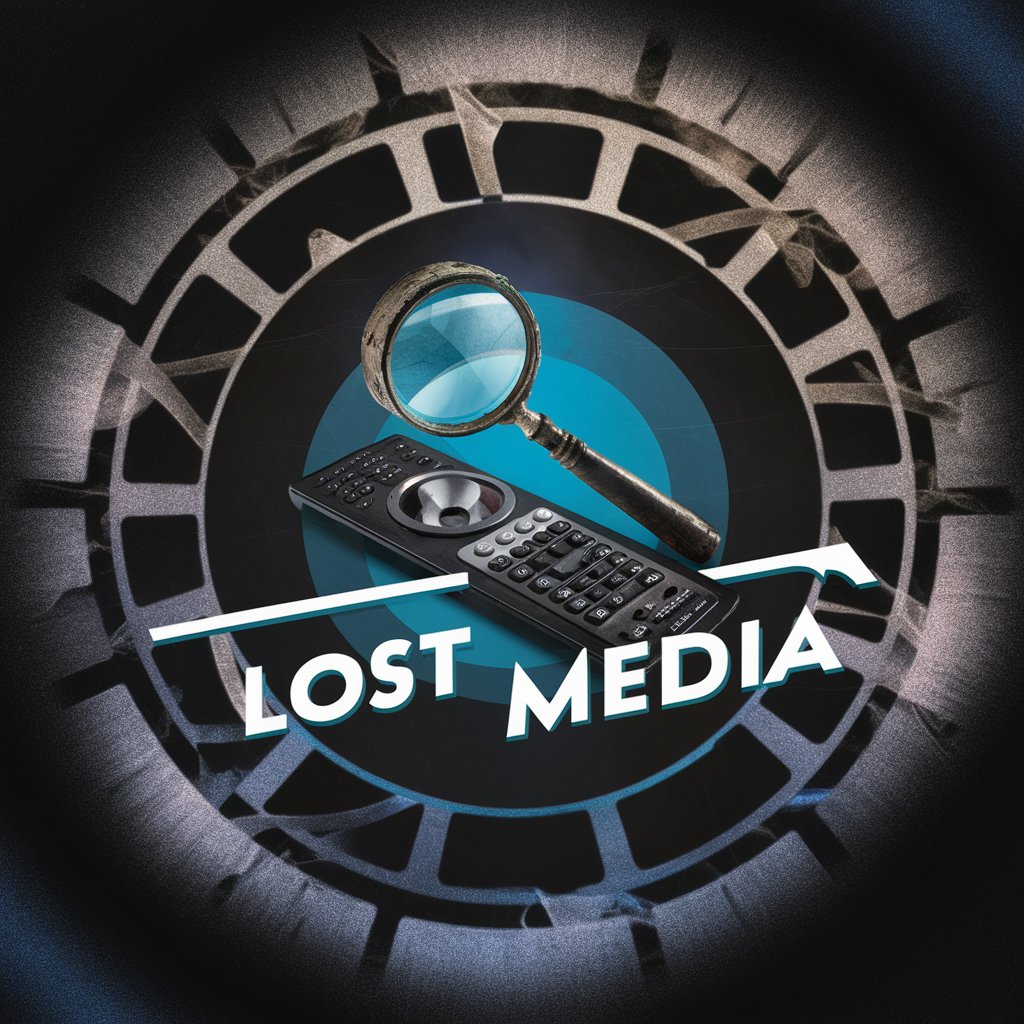
Hello! Let's uncover some lost media mysteries together.
Revive Forgotten Media with AI
Describe a piece of media you've been trying to find:
What details do you remember about the lost media?
When did you first encounter the media you're searching for?
Can you recall any specific scenes, characters, or music from the lost media?
Get Embed Code
Overview of Lost Media
Lost Media is a specialized digital assistant designed to help users identify, locate, and learn about media that is not readily available or has been forgotten over time. This includes films, TV shows, books, and other cultural artifacts that are no longer accessible due to various reasons such as legal issues, physical degradation, or being out of production. The purpose of Lost Media is to assist enthusiasts, researchers, and the curious in uncovering these hidden or obscure pieces. For example, a user might remember a specific cartoon from their childhood that isn’t listed on any current streaming service or media catalog; Lost Media can help identify this show based on user descriptions and guide them to potential sources or similar media. Powered by ChatGPT-4o。

Core Functions of Lost Media
Identification of Lost Media
Example
An individual recalls a scene from an old movie but doesn't remember its title. Using descriptive details provided by the user, Lost Media can suggest possible matches from its database of known lost films.
Scenario
A user describes a black-and-white film where the main character wears a distinctive hat and carries a lantern, seen only in foggy settings. Lost Media uses these details to narrow down potential films and provides links to resources or communities that might hold more information.
Generation of Visual Aids
Example
When descriptions are vague, Lost Media can generate images to visually aid in the identification process. This allows users to confirm or refine their memory of the media.
Scenario
A user provides a fragmented memory of a comic book cover. Lost Media generates an image based on these fragments to help the user confirm specific details or jog further memories, potentially leading to a successful identification.
Connection to Resources and Communities
Example
Lost Media provides links to online communities, archives, and databases where users can further their search or connect with other enthusiasts who may help in identifying the lost media.
Scenario
A user is looking for a discontinued TV series from the 1980s. Lost Media guides them to specialized forums and archival websites where collectors and fans discuss and trade information about such series.
Who Benefits from Lost Media?
Media Researchers and Historians
Individuals studying the history of media, such as cinema historians or academic researchers, who require access to rare or forgotten content for their studies, analyses, or exhibitions.
Nostalgia Seekers
People looking to reconnect with media from their past, whether it be childhood cartoons, old commercials, or discontinued TV shows, which are not available through conventional means.
Collectors and Archivists
Those involved in collecting rare media or maintaining archives, who often seek to locate missing pieces of their collections or to preserve endangered media for posterity.

Guidelines for Using Lost Media
Start with a Free Trial
Begin by accessing yeschat.ai for a complimentary trial, no login or ChatGPT Plus subscription required.
Identify Your Media Query
Determine the specific media or artifact you are trying to identify or learn more about, including any partial information or characteristics you remember.
Submit Your Query
Use the provided text box to describe the media in detail, including any distinctive features, plot elements, or historical context you recall.
Review Responses
Examine the responses for possible matches or related information. Use the links or references provided to further explore each suggestion.
Refine Your Search
If the initial results don’t fully match your memory, refine your query with additional details or corrections and submit again for more tailored results.
Try other advanced and practical GPTs
Reviving Lost Languages
Revive Languages with AI Power
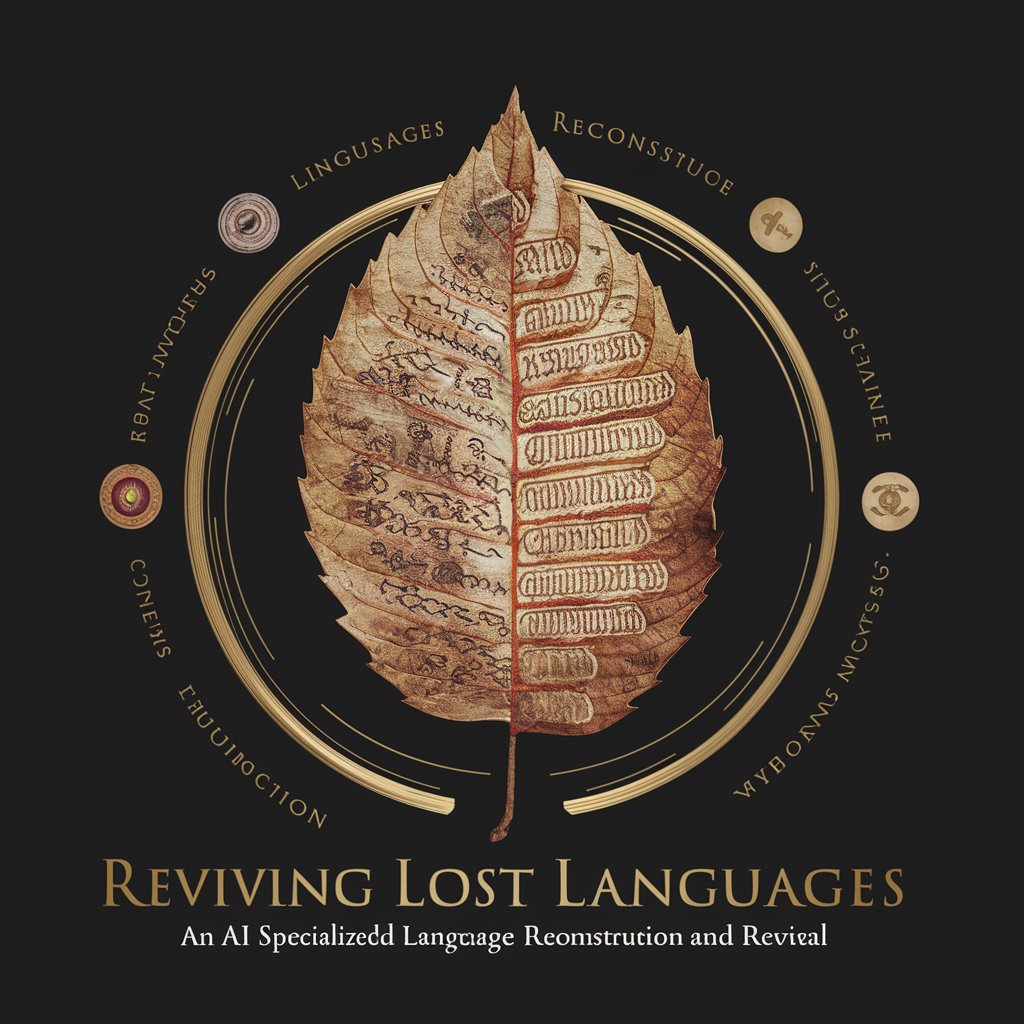
Lost Helper
Smart AI-powered travel companion.

Lost?
Navigate Life with AI
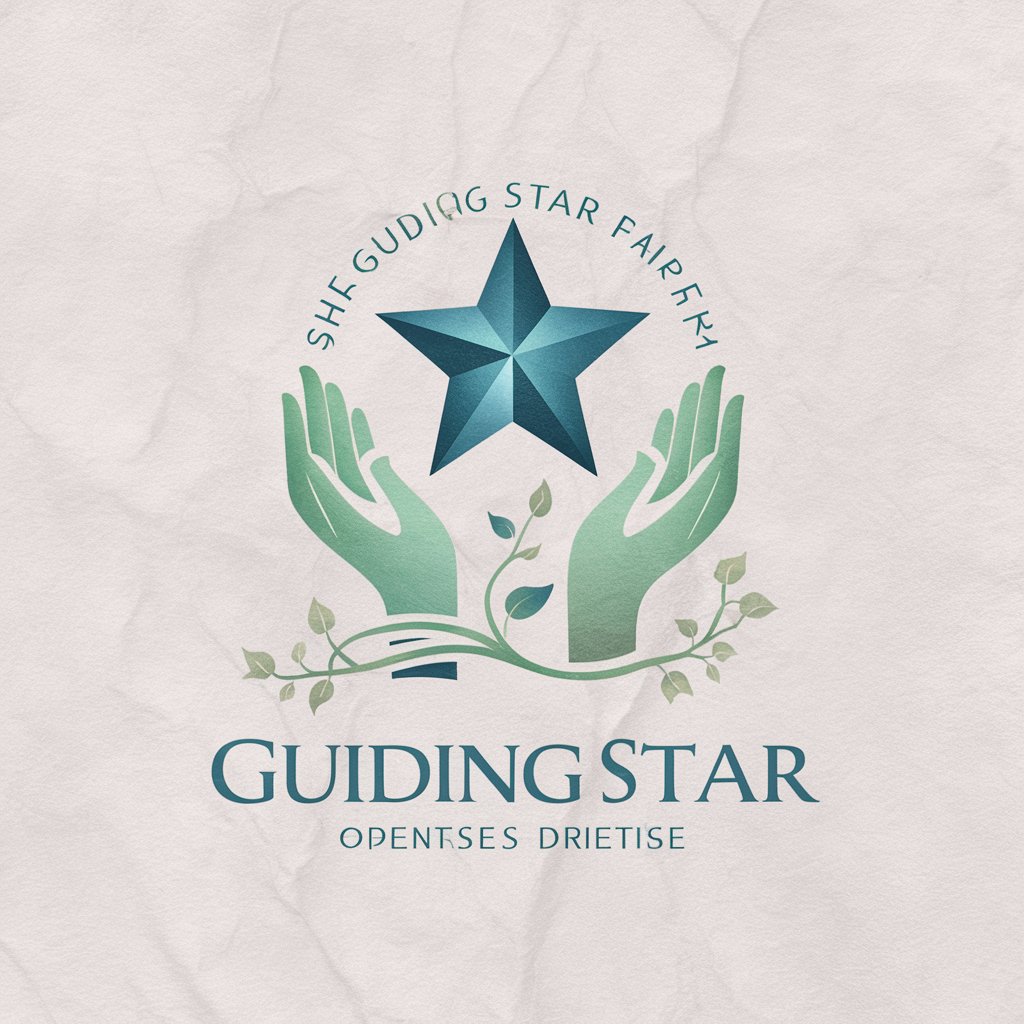
Message Craft
AI-Powered Personalized Messaging

👨💻 Code Review Advanced - Fine Tuned
Elevate your code with AI-powered insights

Digital Jesus
Empowering Faith with AI

Lost Language Linguist
Revive the Voices of the Past
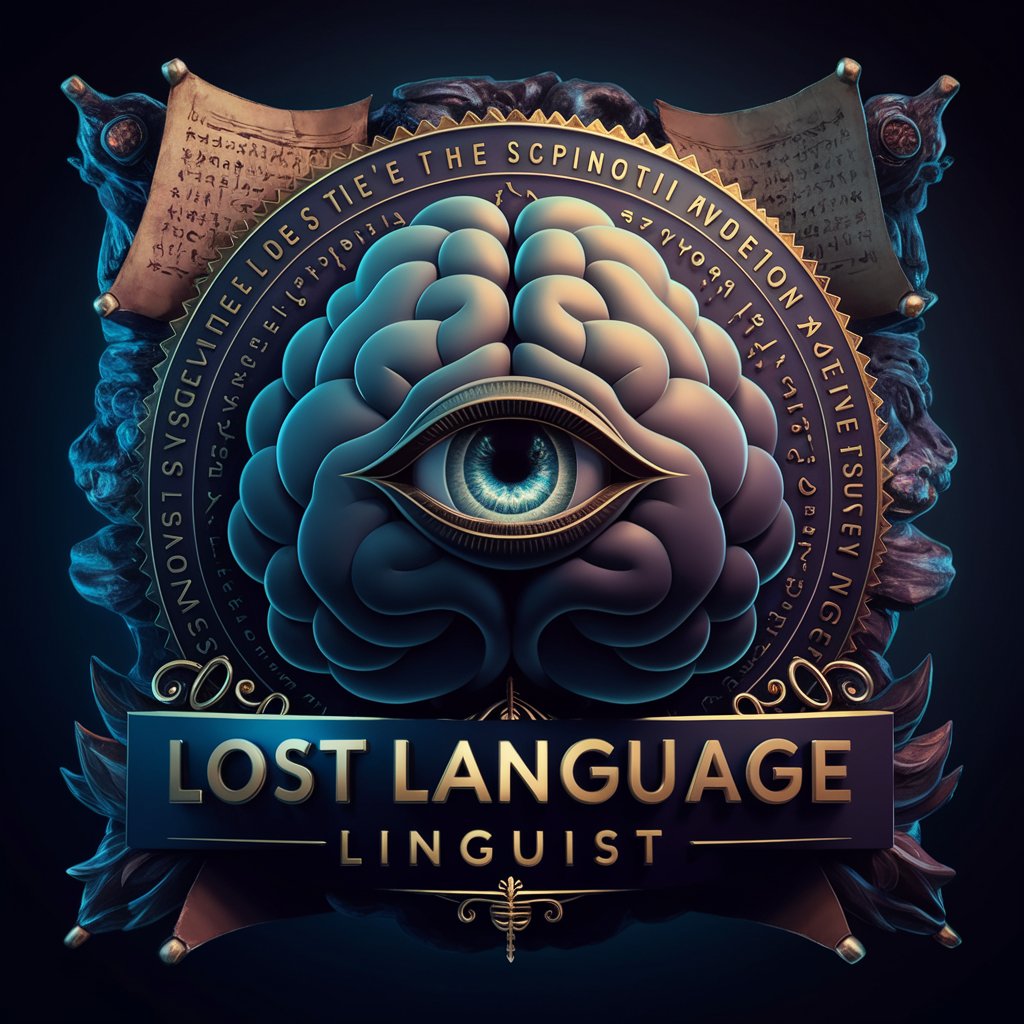
Lost in Translation
Twist words, spark laughter with AI!
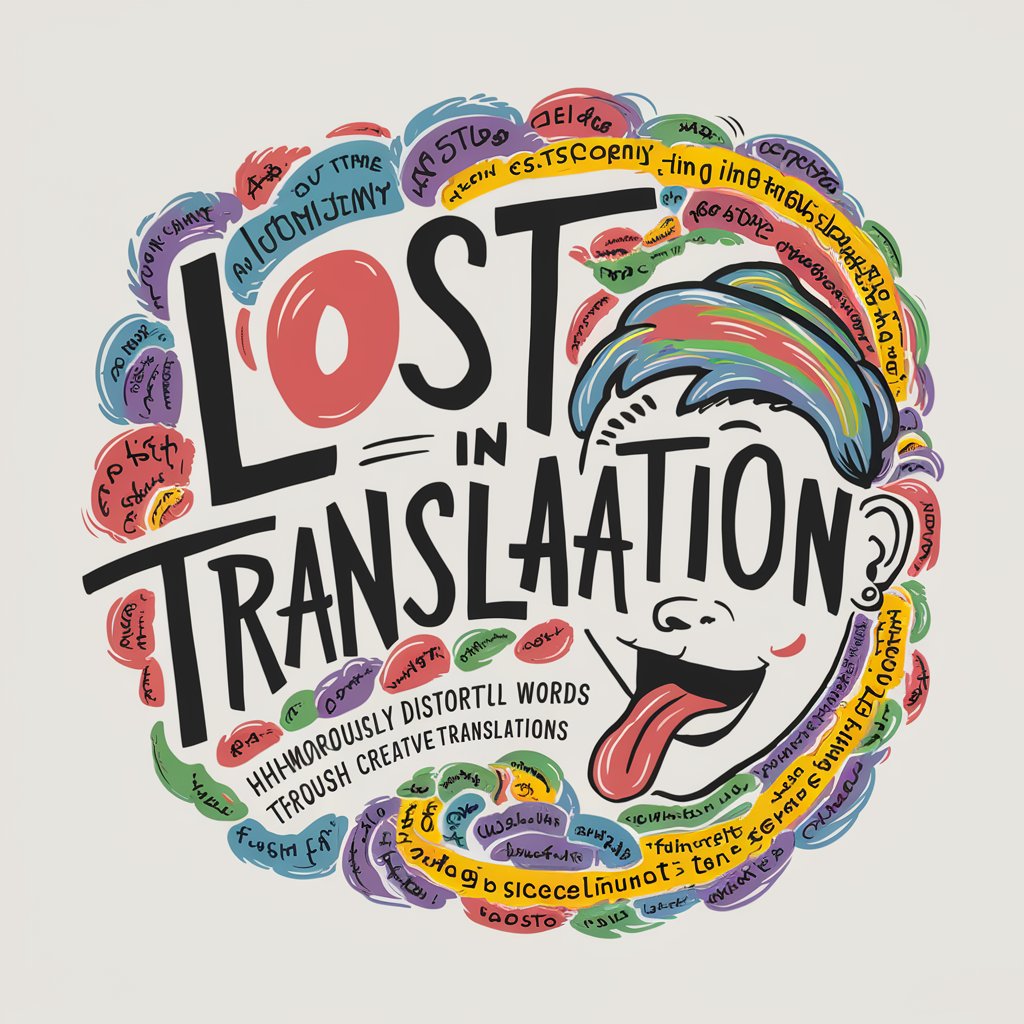
Lost in Digitalization
Navigating Digital Transformation with AI
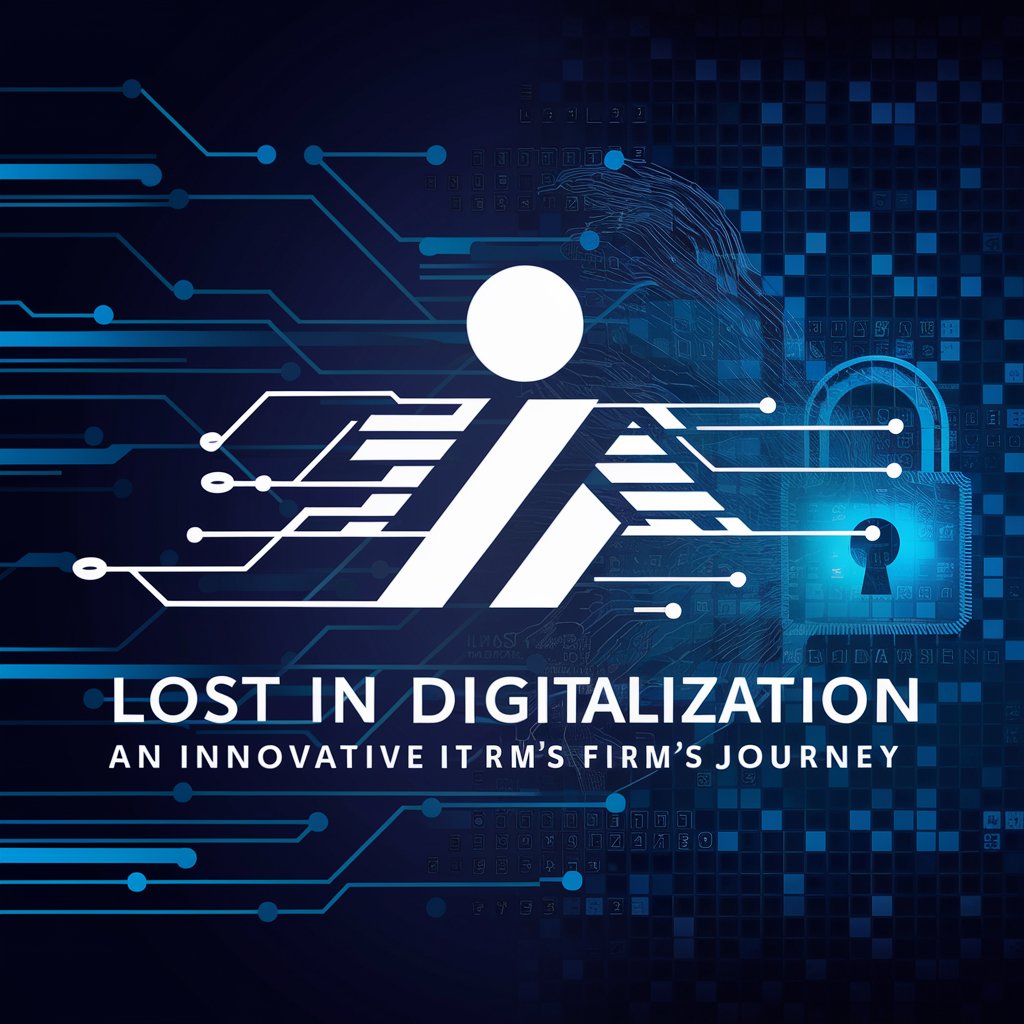
HeyBot | Gift Bot
Smart Gifting with AI

The Gift
Crafting Personalized Joy with AI

Photo Mentor
Enhancing Photography with AI Insights

Frequently Asked Questions about Lost Media
What types of media can Lost Media help identify?
Lost Media can assist in identifying a wide range of media including but not limited to forgotten films, obsolete television shows, unreleased music, and lost literature.
Can I use Lost Media to find non-English media?
Yes, Lost Media is equipped to help find media in various languages. Be sure to include any language details in your description for more accurate identification.
Is there a fee associated with using Lost Media?
Accessing Lost Media initially does not require a fee; you can start with a free trial at yeschat.ai. Ongoing use may require a subscription depending on the level of service and features you need.
How accurate is Lost Media in identifying rare or obscure media?
The accuracy of Lost Media depends on the amount and specificity of the information provided. Detailed descriptions usually lead to more precise identifications.
Can Lost Media help me find physical copies of lost media?
While Lost Media primarily provides information and identification, it can guide you to potential sources where physical or digital copies might be obtained.
